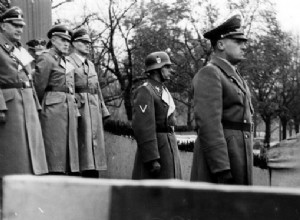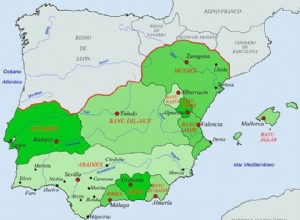In August 1947, the GES approved the formation of 7 cavalry squadrons with a strength of one hundred (100) soldiers and the formation of the 74th Cavalry Detachment. In April 1948 the 74th Mounted Detachment was deployed to Ili. For the formation of the Iles, hoplites of the Cavalry of the old class




